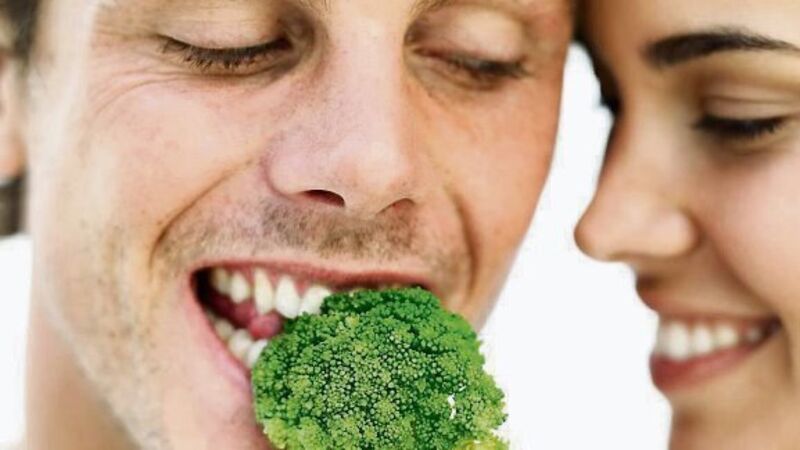Quantity counts more than quality

Your organic meal will probably look and taste better, too, but does it really pack a bigger nutritional punch?
The debate has rocked back and forth for years but now, for the first time, a comprehensive scientific analysis suggests the answer to that divisive question is a resounding yes.








